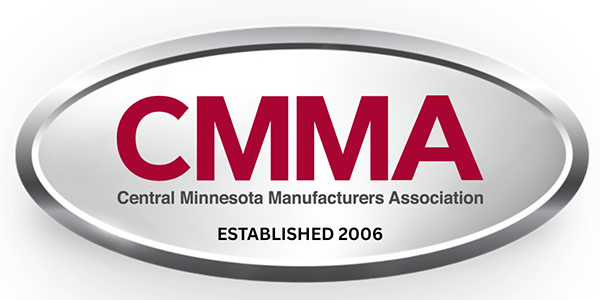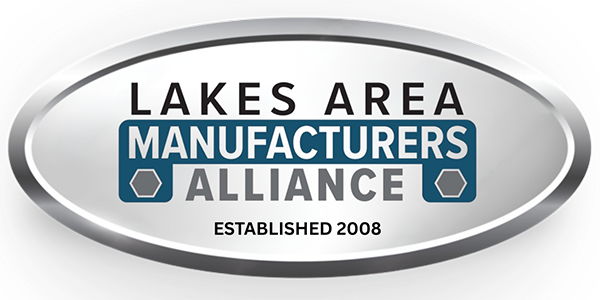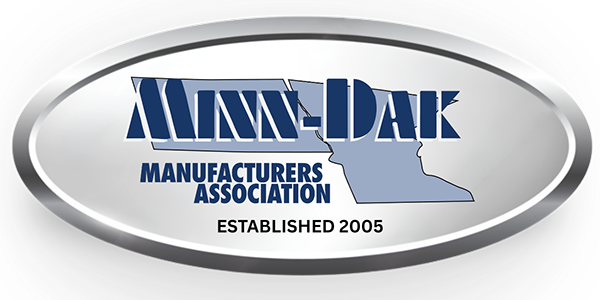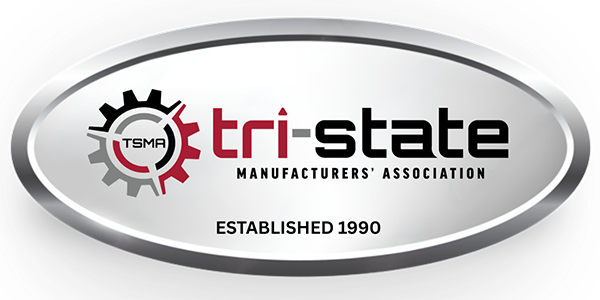How Minnesota’s Manufacturers Better Compete for Talent
How Minnesota’s Manufacturers Better Compete for Talent

{Guest Blog}
From vehicles, to beauty supplies, to food production, the manufacturing industry’s 8,343 employers provide jobs for over 300,000 Minnesota workers. The industry contributes the largest share of the state’s gross domestic product (16%) and nearly half of the Fortune 500 companies in Minnesota are in manufacturing. Manufacturing has historically been Minnesota’s largest private-sector industry, but today it is struggling to recruit and retain the talent it needs for the digital future.
Recently, West Monroe Partners polled 1,000 Minnesota workers ages 18-40 about whether they would consider a career in manufacturing, why, and what manufacturers can do to attract talent. Findings show that Minnesotans believe that manufacturing companies are tech-forward, but the rise of automation holds them back from pursuing long-term careers in the industry. Results also convey the importance of early education and awareness of manufacturing careers to driving interest from the workforce.
How can Minnesota’s manufacturers better compete for talent? West Monroe’s Olivia Grev and Matt Ripple expand on the poll results and recommendations, giving their take on how manufacturers can control the narrative to better attract and retain top talent.
Proving Job Security in the Face of Technology Advancement:
When poll participants were asked what employers could do to attract them, 41% of responders cited “prove job security in the face of AI advancement.” On the issue of long-term career viability, 48% of participants believed that automation would create new job opportunities, but a greater number of responders expected that automation would replace jobs (50%). These insights present an opportunity for manufacturers to focus on technology and reframe the story of its role in the industry.
Manufacturers should communicate that a digital shop floor means newer, safer, and more innovative career paths. In today’s market where the number of unfilled job openings exceeds the number of workers, it’s more important than ever that employers get creative and equip their teams with new capabilities and advancements (i.e. automation) to drive productivity. Manufacturers should stress the importance of productivity – doing more with the same – as technology continues to shape and change the industry.
Implementing new, cutting-edge technologies to drive workforce productivity will empower the workforce through automation, allowing people hours to be spent on value-add activities ranging from managing teams to analytics-driven decision-making. In turn, this provides an opportunity for employees to develop more marketable skills and opens the door to more opportunities for career advancement. Leveraging this “productivity-oriented” mindset is a way that manufacturers can better control the narrative and reap other tangible benefits such as higher profits and operating margins. Read more about the productivity imperative here.
Managing Talent and Building Culture:
As automation continues to drive changes in manufacturing roles and careers, manufacturers will need to refresh their thinking on how to source and retain talent – and doing so with a productivity-oriented mindset is a great place to start.
The evolution towards a higher-skilled manufacturing workforce presents challenges on the front of talent acquisition and retention. The decision on where to source talent can weigh on an organization’s ability to adapt its current culture to the changing workforce landscape. Manufacturers should consider building internal capabilities to drive innovation and a ‘fail fast’ culture; borrowing talent through consultancies; or buying talent through strategic acquisitions to advance their organization to the next level.
As workplaces evolve and society’s values change, it’s critical for employers to recognize how to maintain a culture that supports their company’s mission. Through West Monroe’s partnerships with manufacturing clients, we’ve seen key changes come to fruition such as the increase in work/life balance, an ability to connect to a larger purpose and social impact, competitive benefits (tuition reimbursement, healthcare, and retirement savings) and an opportunity to learn and grow careers.
Survey results showed that 97% of participants believe that manufacturing is important to Minnesota’s future, but only half believe that manufacturing will hold its number one position in the state for jobs. This shows that controlling the narrative surrounding manufacturing in Minnesota is more important than ever. By leveraging a productivity-oriented approach to automation and committing to a focus on talent and culture, manufacturers can take the required steps toward better securing the industry’s future.






